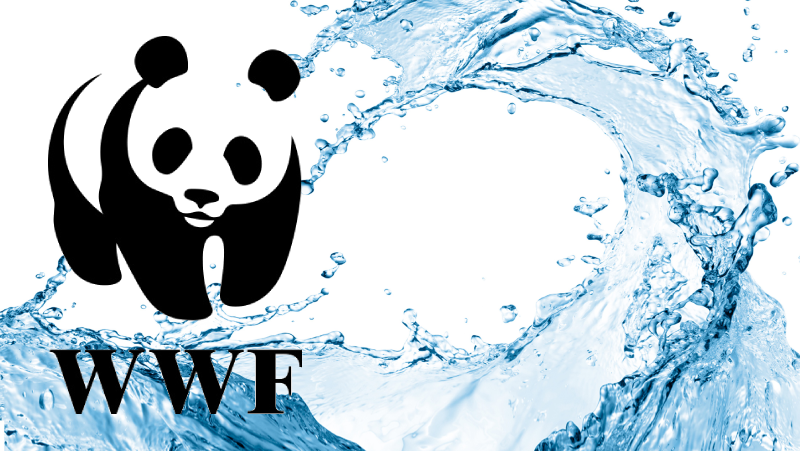
“Water for all” or "Leaving no one behind " is the theme of this year’s World Water Week, the largest global water event, which takes place in Stockholm at the end of August every year.
But the world is way off track when it comes to SDG6 — ensuring water for all. Today, nearly 2 billion people live in areas at risk from severe water scarcity, while two-thirds of the world’s population face water shortages for at least one month each year. And soaring demand from population growth, urbanization and economic development coupled with the impact of climate change could leave many more facing water shortages.
We all need to do our part to ensure that water is managed sustainably and ensure that there is enough water for societies and nature.
The private sector is hugely dependent on water, especially the water-intensive textile industry. Often located in areas of high water risk, the world’s textile production has a great impact on water resources. The World Economic Forum ranks water crises as a top societal risk, the 4th most prominent risk by impact on the global economy. The message is simple — no water, no business.
Initial figures from WWF underscore how acute water challenges are in key textiles production regions. Approximately 7 out of the top 10 textiles production countries are facing physical water risks that could affect their operations. These high risk regions represent 58% of global production or US$446 billion of textile and clothing export value under threat.
The business case on water is clear. There is an urgent need for collective and holistic action. And collaboration is the key to real change.
Since 2011, WWF and H&M Group have collaborated on water issues, working in a partnership focusing on Water stewardship. The goal of our work is not only to address key environmental impacts in the H&M Group’s value chain but also to champion change within the global fashion industry. Our partnership was the first of its kind, as it took the whole supply chain into account and went far beyond the factory lines. Because dealing with water issues is not something one can do alone.
Multiple other brands have now joined WWF’s textiles water stewardship programmes in key regions such as China, Vietnam, Northern and Southern India, Pakistan and Turkey. But more must follow. Through our partnership, WWF and H&M Group work to engage the whole industry in strengthening ambitions on water management and join forces beyond the factory fence.
The textile and apparel industry must be at the forefront on tackling the world’s overflowing water challenges. The industry is dependent on clean sustainable water supplies and has a high impact on water security for people, rivers, and freshwater ecosystems. The industry must choose, whether to remain part of the problem or become part of the solution.
For WWF and H&M Group, the choice is simple. The actions of single companies alone will not be enough to address the water risks we are all facing. WWF, H&M Group and other brands are already working together in several basins in the world, with joint collective action objectives. Increasing engagement for collective action is the key to progress. The fashion and textile industry must work together and be part of a solution that will ensure water for all.
Source:
World Wide Fund for Nature
https://medium.com/@WWF/no-water-no-business-83d2906f7d6b
Translated and contributed by MCA-Mongolia Procurement Team.
